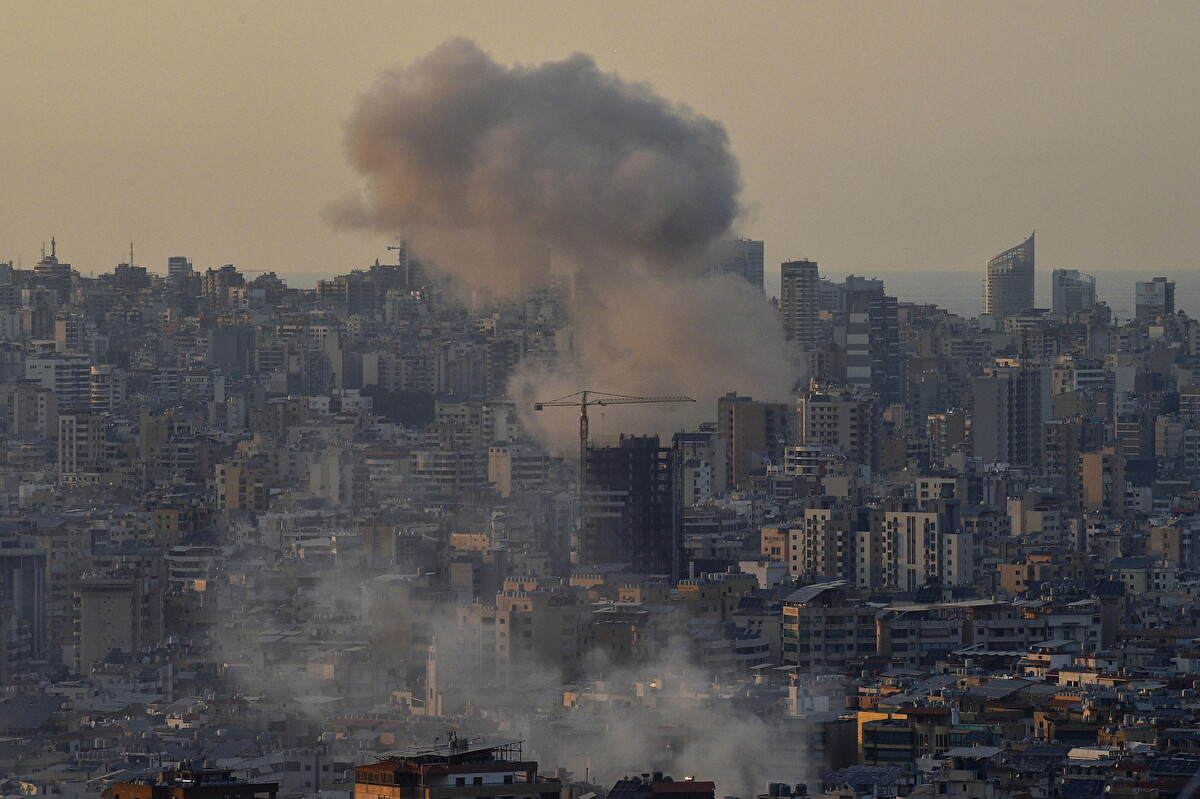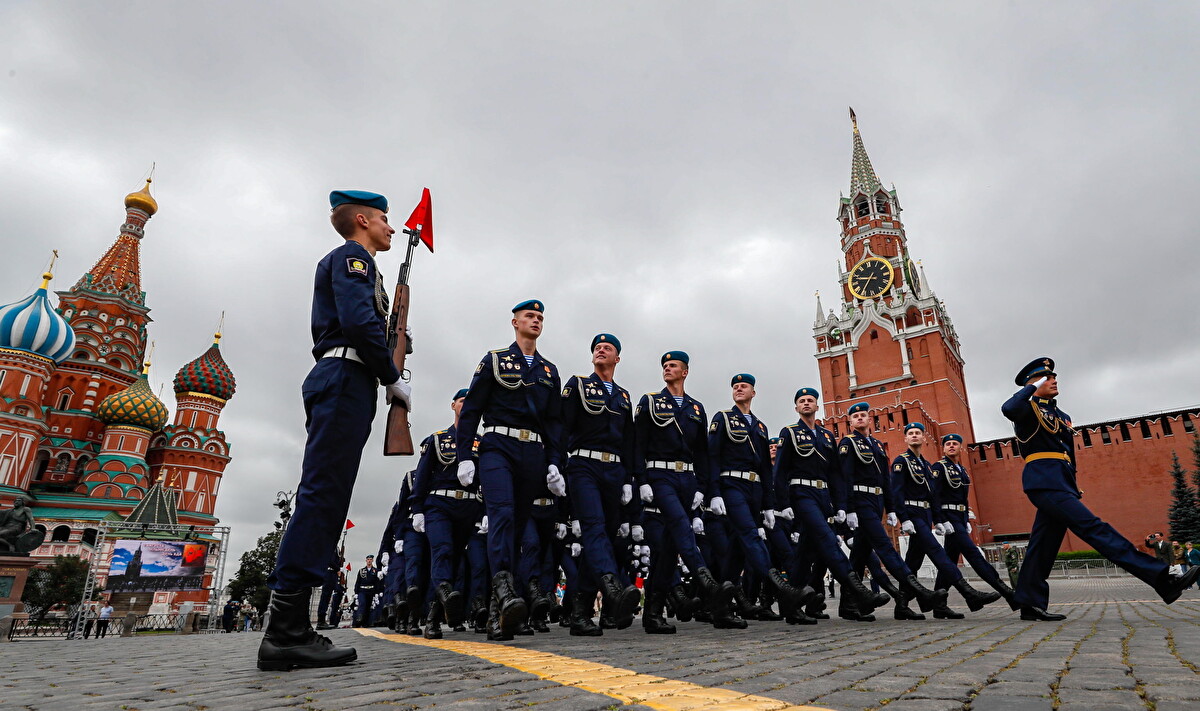The sun dips low over the shattered skyline of Beirut, casting long shadows across streets once bustling with life. In a city still nursing the wounds of its past, the assassination of Hezbollah’s leader, Hasan Nasrallah, has plunged Lebanon into a chasm of despair.
Israeli airstrikes rain down with relentless fury, leaving over 1,000 dead in their wake in a matter of weeks. Air raids are pounding the southern suburbs—Hezbollah’s stronghold—forcing mass evacuations. Shops remain closed, their windows shattered by the blasts, and the air hangs thick with the smell of burning rubble.
Nasrallah’s death sent shockwaves far beyond Hezbollah’s ranks. His grip on the group was absolute, and his assassination has left the Shia militia scrambling to reorganize amid an unrelenting military onslaught. Since the strike, Israel has intensified its air campaign, focusing on suspected munitions depots and communication hubs in southern Beirut, an area synonymous with Hezbollah’s power. The displacement of nearly 400,000 residents from these suburbs is just one sign of the broader collapse of normalcy in Lebanon.
Lebanon, once the “Switzerland of the Middle East,” is now on the brink of collapse. The Lebanese pound has all but vanished from the economy, and millions are living in poverty. With no president since 2022 and a caretaker government, there is little to shield the country from the cascading consequences of this war.
Israel’s military operation has been brutal, targeting not just Hezbollah but the infrastructure that civilians rely on to survive. Entire neighborhoods have been destroyed, and though Israel insists that it is focusing on Hezbollah targets, the civilian death toll continues to rise, a situation similar to that in Gaza.
Remarkably, the death of Nasrallah is a critical moment for Hezbollah and the region at large. Hezbollah, long seen as invincible in its confrontations with Israel, now finds itself severely weakened. The group’s myth of unassailable power, forged over decades of conflict, has taken a hit. Israeli intelligence, combined with overwhelming military force, has dismantled key aspects of Hezbollah’s operations in a matter of days. What was once thought impossible—a war that could topple Hezbollah—now seems conceivable.
The group’s base of support, particularly among Lebanon’s Shia population, remains intact for now, but cracks are beginning to show. Nasrallah’s followers, many of whom revered him as a symbol of defiance against Israel, now face an uncomfortable reality: the group’s leader is gone, and their homes are being destroyed. “This isn’t what we signed up for,” Hadi, a Hezbollah supporter in Beirut, told The Washington Post.
With Lebanon’s fate hanging by a thread, the escalating violence deepens the uncertainty, leaving a trail of devastation in its wake. As the humanitarian crisis unfolds, the world watches with bated breath, wondering whether this resilient nation can endure the pressures threatening to tear it apart.












